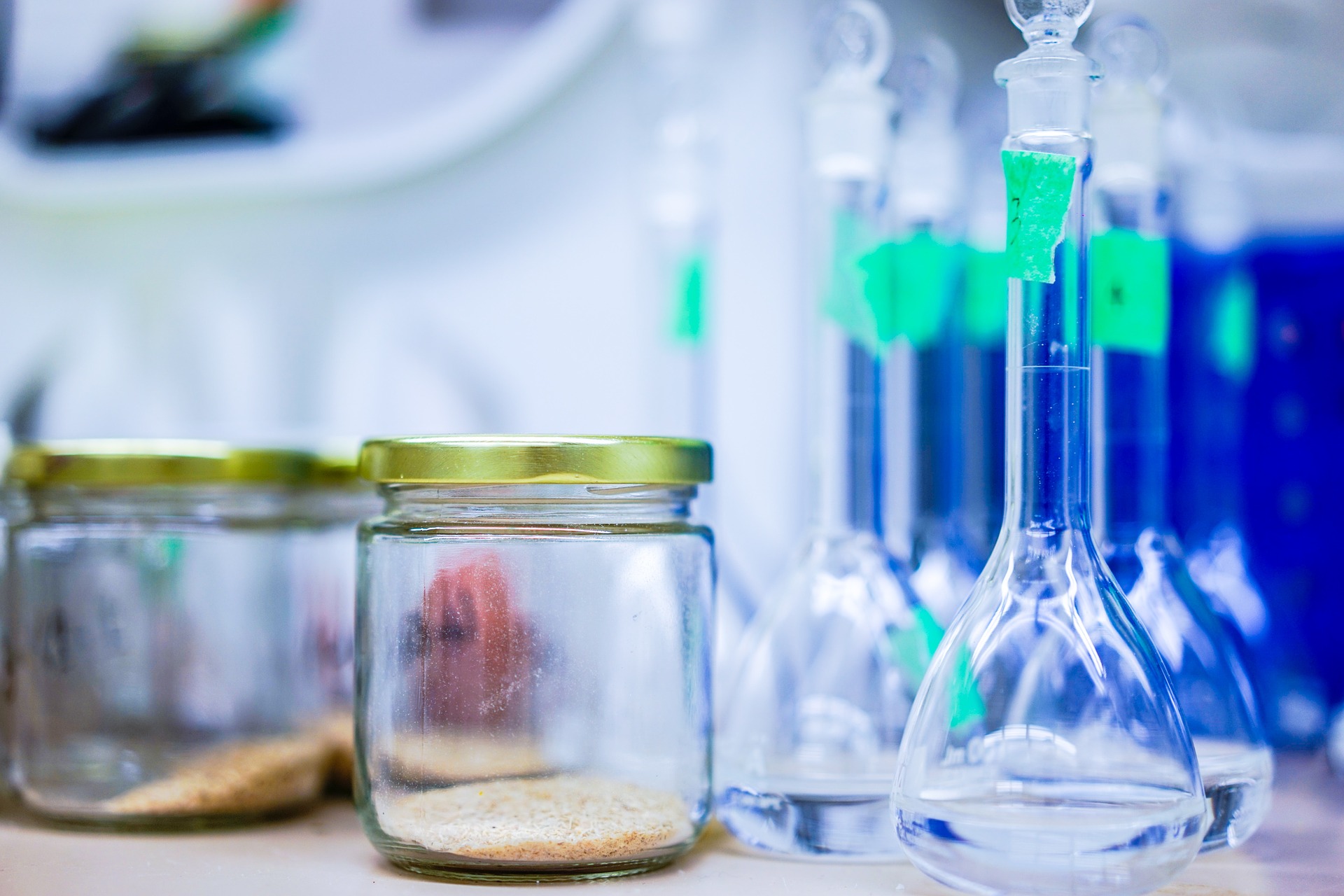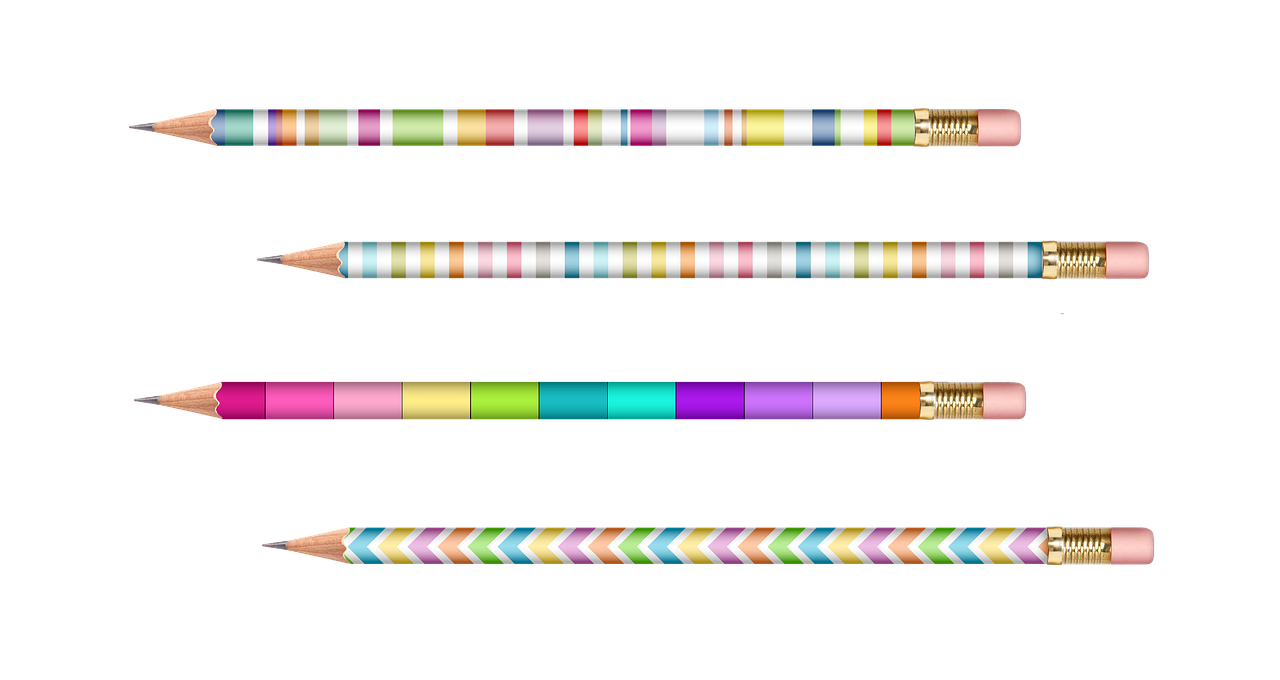
Research Stash Weekly Review #7
- Weekly Review
- 1.8K
Research Stash Weekly Roundup ~ Latest news in Science and Technology around the globe.
New structures of the HIV-1 envelope protein provide a description of how the HIV-1 fusion machinery functions
New structures of the HIV-1 envelope protein provide a description of how the HIV-1 fusion machinery functions https://t.co/V8Ib5jwH83 pic.twitter.com/Wvt37B5br2
— Nature Portfolio (@NaturePortfolio) July 24, 2017
‘True blue’ chrysanthemum flowers produced with genetic engineering

Roses are red, but science could someday turn them blue. That’s one of the possible future applications of a technique researchers have used to genetically engineer blue chrysanthemums for the first time. Read More
Stem cells located in the hypothalamus shown to have slowed aging in mice
Stem cells located in the hypothalamus shown to have slowed aging in mice: https://t.co/b4yoBo02Tm pic.twitter.com/LthWNvRAT6
— nature (@Nature) July 26, 2017
Turns Out, The Purpose of Diarrhoea Is Way More Complicated Than We Thought
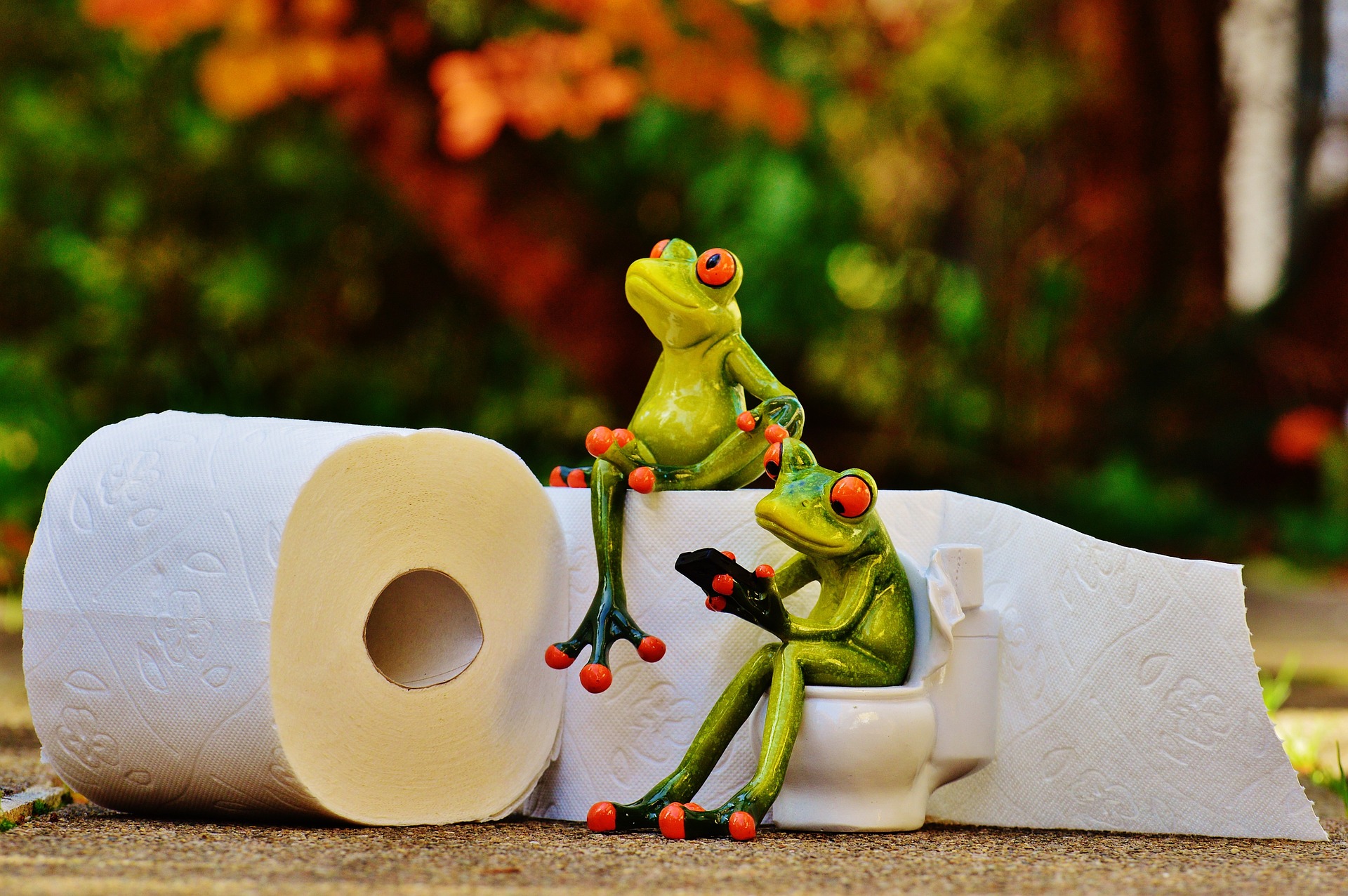
For centuries, scientists have been confounded by one of the messiest aspects of the human experience – diarrhea, and why exactly we have to endure it. Read More
Facebook AIs Develop Their Own Language That No Human Can Understand

Right now, artificial intelligence (AI) tend to fall into one of two categories – freakishly impressive, like the Google AI that can invent its own AI, or hilarious rubbish, like the one failing miserably at designing inspirational posters. Facebook recently developed an AI that falls into the former, and it turns out to be so good at its job that the plug was pulled before it could get any further. Read More
In quest to reach Alpha Centauri, Breakthrough Stasrhot launches World’s Smallest Spacecraft

Breakthrough Starshot, a multifaceted program to develop and launch practical interstellar space missions, successfully flew its first spacecraft – the smallest ever launched. Read More
Scientists Have Used CRISPR to Edit a Human Embryo in The US For The First Time
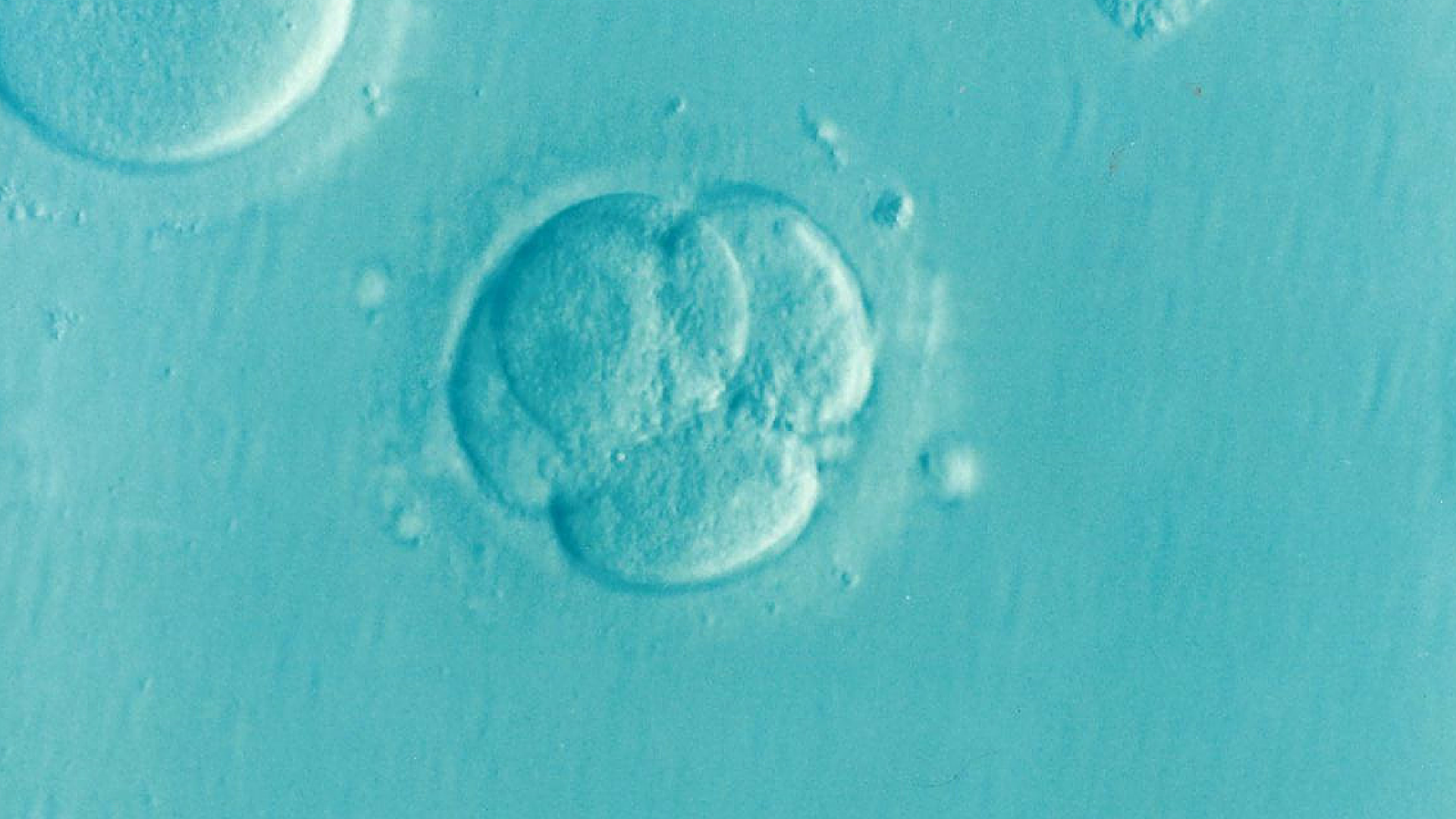
Researchers in Portland, Oregon have, for the first time, edited a human embryo in the US. This work adds to the promise of CRISPR, and it stands as an important step toward the birth of the first genetically modified humans. Read More
Scientists Have Found a Woman Whose Eyes Have a Whole New Type of Colour Receptor

After more than 25 years of searching, neuroscientists in the UK recently announced that they’ve discovered a woman who has an extra type of cone cell – the receptor cells that detect color – in her eyes. Read More
Fewer components are needed for chromosome assembly during cell division than previously supposed
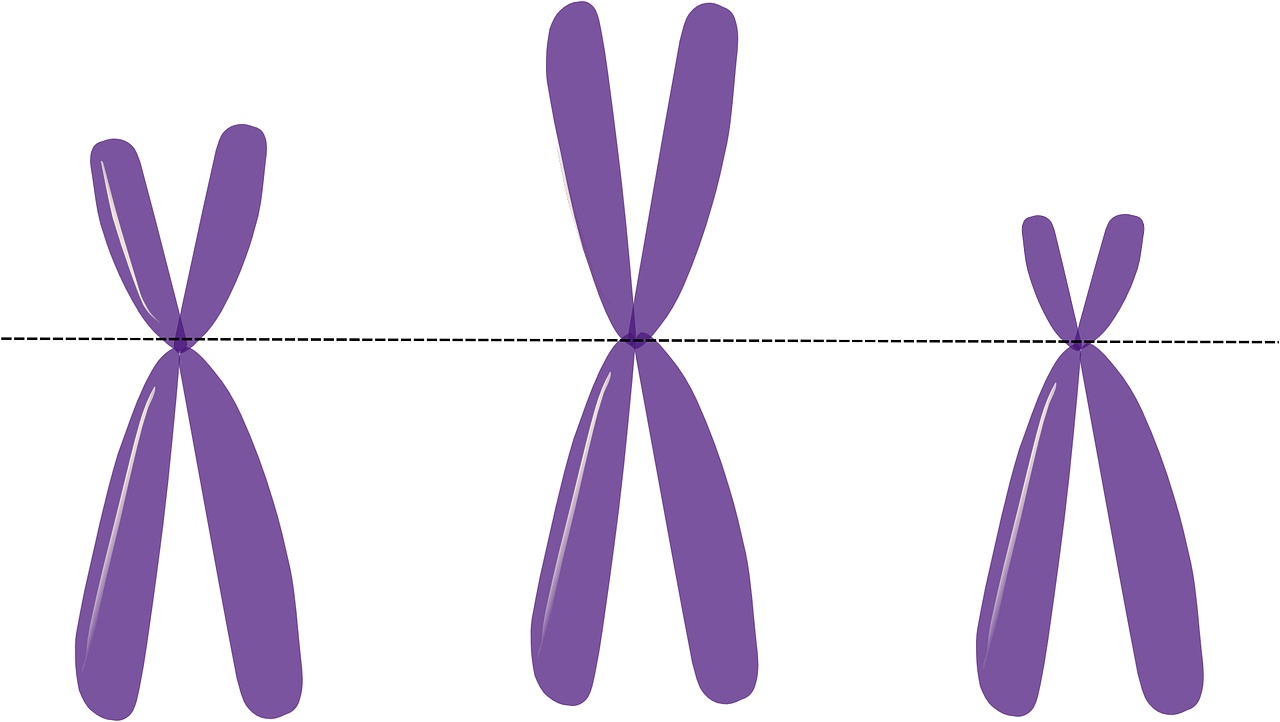
In a discovery that could lead to the rewriting of biology textbooks, RIKEN researchers have found that tightly wound strands of DNA, known as chromosomes, can form even in the near absence of substructures that were thought to be essential for their production Read More
Enjoyed reading a weekly review of various latest Science and Technology happenings around the world? Check out our YouTube channel
